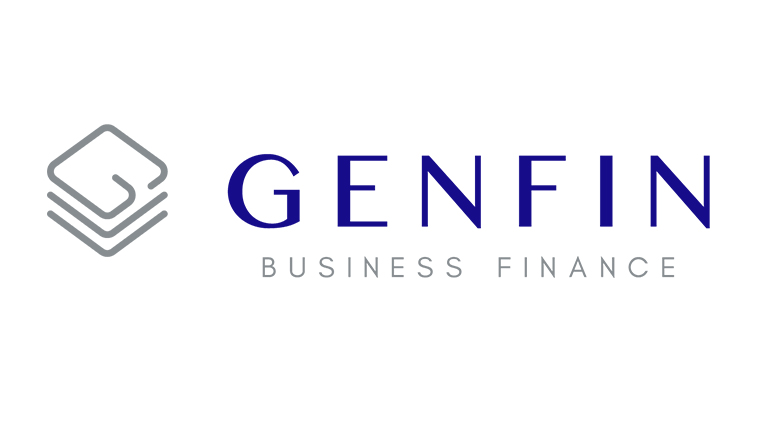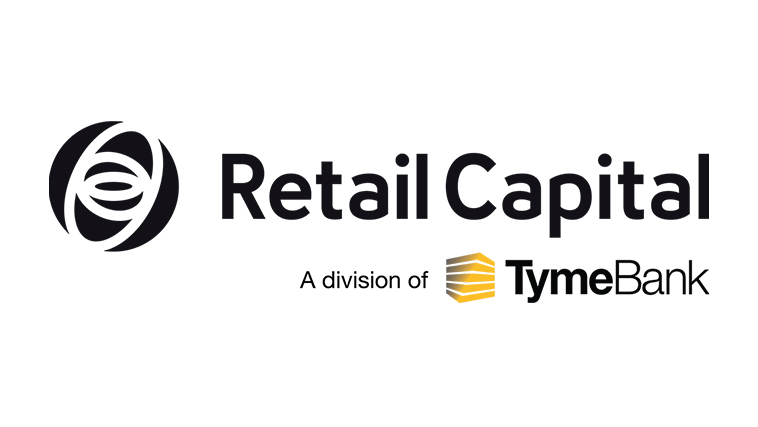Introduction
Bridging finance is a type of finance used to cover short-term gaps in funding. For a business owner, bridging finance refers to short-term funding to cover costs while you wait for expected funds to be released. In this way, bridging finance in South Africa is a cash advance to you.
There are no upper limits on the amount of money you can borrow through bridging. The cap on your borrowing will be set by your situation and the lender involved. In some cases, very experienced developers are able to borrow 100% of their development costs as a bridging loan.
In many instances, no credit checks are done, however, your business’s financial history and needs will be considered when pricing for the repayment term is structured. Some lenders may ask for collateral (assets), especially if you have poor credit.
The repayment terms for bridging finance are mostly between six months to 12 months. Some providers offer early settlement discounts.
To apply, you can go online and complete an application within minutes. It can take a day, up to three days to hear whether you are approved for the loan, and you can get the financing immediately.
Bridging finance can be used to ease the pressure on your working capital. Some examples of using bridging finance are to conduct repairs or maintenance work, improve your cash flow, replace broken equipment, and buy discounted materials and inventory.
Main Features
Convenience
Apply online and get feedback within 24 hours. You will only need minimal documentation to apply, as well as information on your business including what the business’s financial health looks like.
Transparency
Lenders provide information on how much you should pay back on the loan, including whether there are upfront costs such as an initiation fee (many don’t have an upfront fee). Some provide a fixed fee for monthly costs, depending on the term, while others charge interest rates on the loan amount. You can even check for an online funding calculator to determine how much you will be paying back.
Flexible Payment Terms
Depending on the lender, you have options for what repayment plan to choose. Many lenders take into account your financial history and your business’s needs and then structure your pricing for the loan based on what your business can afford.
Type of Loan
The different types of bridging finance for businesses are purchase orders, property bridging finance, and contract finance.
Application Process
You can apply online and will be required to answer questions such as ‘how long has your business been trading? How much funding will you require? What will you be using the funding for?’
You must have a registered business, or if you’re a sole proprietor, you are required to provide your VAT registration number. Other documentation will include a Tax Clearance Certificate and your business’s bank statements. The online application can take between five to ten minutes to complete. You can get approved and have the money within 24 to 72 hours.
Qualifying Criteria
Lenders require that your business be registered and are trading. Some request that your company should have been in business for a minimum of three months, while others only do business with clients who have been actively trading for at least 12 months.
Repayment Terms
The agreed term can be as long as six weeks up to 12 months.
Pricing
According to the Funding Hub, the cost of your bridging finance can depend on the total loan amount, your business turnover and/ or its cash flow, business assets (collateral), type of bridging required (property, payment, etc.), and the agreed term (repayment period). The agreed term can be as little as six weeks up to 12 months.
Lulalend warns that SMEs should take note of the lender’s policy on early repayments. You might have to pay penalty fees if you want to settle before your agreed term.
The monthly payments can factor in the following:
Initiation fees vs no upfront costs – It depends on the lender.
Monthly costs – Lenders can charge between 2% to 6% of your advanced amount.
Interest rate – This is a fixed rate based on the annual percentage rate.
Note: To apply for a re-advance, the lender will require that you have paid (made repayments) on your current loan up to a certain number of months – for example, if you have a 6-month term, you will be asked to have paid up to at least 4 months.
Buyer's Guide
Consider the following when choosing a lender for bridging finance:
Know how much funding you need: You will be asked upfront how much you want to apply for.
Your business’s trading history: Some will have a minimum requirement for clients to have been in business for a minimum of three months, while others will request applicants to have been trading for 12 months.
Documentation: You will be asked to provide the following: Director’s ID Documents, the business’s proof of registration, Tax Clearance Certificate, and bank statements.
Proof of sold asset: For property bridging finance, you only get an advance when the sold asset is transferred to the buyer.
Collateral: Some lenders ask for collateral while others don’t. Those who do use assets (collateral) as insurance will do an appraisal beforehand.
Benefits
Quick and easy access to financing: You can apply online and get approved for bridging finance within 24 hours. The longest waiting period to get access to the money is 72 hours.
Transparency on costs: Some lenders offer an online funding calculator.
You can apply with a bad credit record: While some lenders do credit checks, this might not be a problem for them; they might request that you provide collateral as security.
Some offer a variety of payment methods: While most lenders request that you make Electronic Funds Transfers (EFT), some offer multiple payment methods, including Split Processing through your POS system and debit orders.
Some offer a re-advance and discounts on early settlement: This is based on each lender’s policy.



